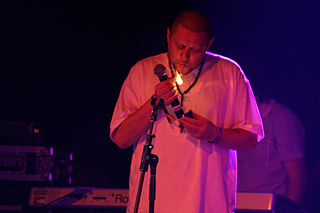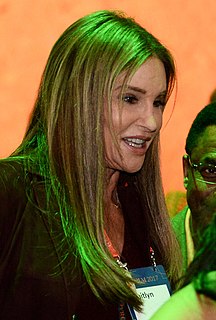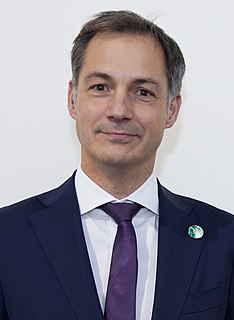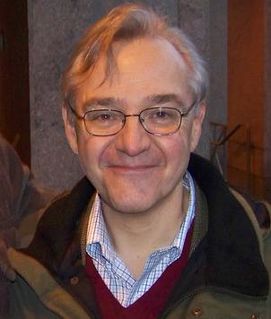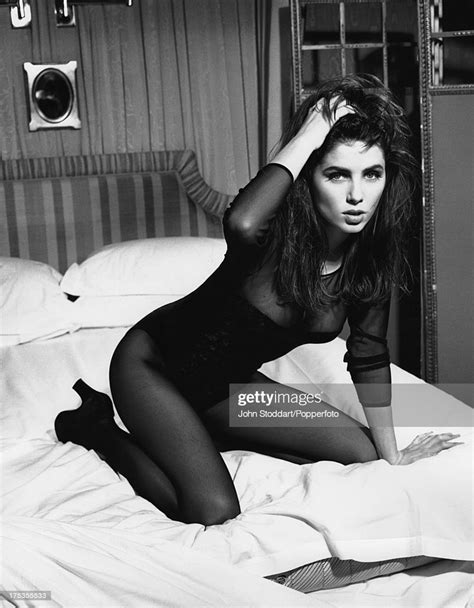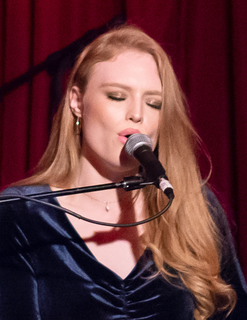A Quote by Matt Hancock
Technology can be an enormous enabler. I'll give you one example. I have never really talked about this before, but I am dyslexic and I didn't ?nd that out at school.
Related Quotes
I embrace technology and I just think that in 1984 when James Cameron wrote about the technology, everyone thought he was totally way out there and it was science fiction. Now it's almost reality what he talked about. The machines have taken over, except they have not become self-aware, like in Terminator. So this is really one thing that we have to watch out for, but I think technology is good.
I'm thinking, "What difference will this sermon make in their lives tomorrow? What am I trying to give them that will make a difference?" For example, had to do with the theme that Jesus will not let go of you. He's holding onto you. I talked to them about the disciples and Peter on the night before the crucifixion of Christ - how Jesus said that all of you are going to turn away, but He would be waiting for them in Galilee.




